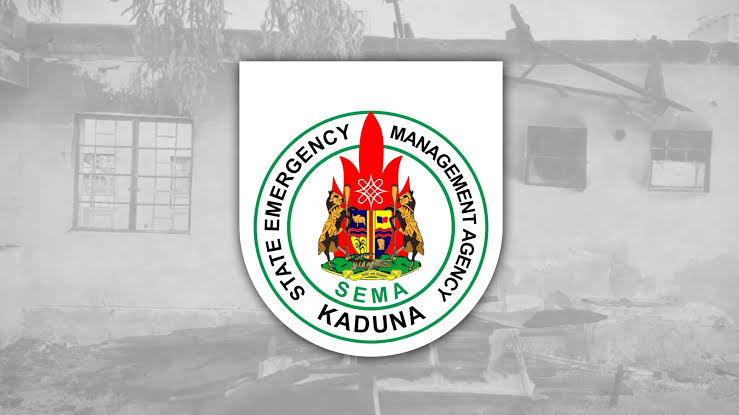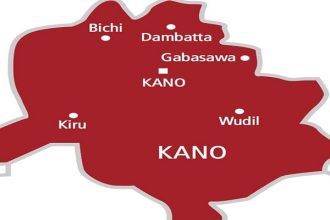The Kaduna State Emergency Management Agency, in collaboration with development partners, has engaged religious leaders to support the dissemination of early warning alerts to vulnerable communities.
The move, according to officials, is in response to the 2025 flood outlook jointly issued by the Nigerian Meteorological Agency and the National Aeronautics and Space Administration, which listed Kaduna among the states at high risk of serious flooding.
Speaking during a one-day workshop held in Kaduna on Thursday, Executive Secretary of KADSEMA, Dr Usman Mazadu, said religious leaders were being reoriented on their role in disaster risk reduction.
The event, themed “Leveraging Faith Institutions in Mitigating the Impact of Flooding and Other Disasters,” brought together Islamic and Christian clerics, vice-chairmen of local government councils, and officials from all 23 LGAs of the state.
“This workshop is to reorient faith leaders on their role in disaster risk reduction. Disaster management is not the responsibility of government alone.
“It is a collective duty involving communities and religious leaders,” Mazadu said.
He said the Uba Sani-led administration had taken proactive steps since 2023 to curb flooding in the state, including ongoing sensitisation efforts, clearing of waterways, and demolition of illegal structures erected on flood-prone corridors.
“Governor Uba Sani gave clear directives on preparedness. This is our 16th sensitisation this year.
“We must not wait for disasters before we act. We must prevent them,” he said.
Mazadu thanked international organisations such as Christian Aid, UNICEF, and the United Nations for supporting the state’s flood preparedness campaign.
Also speaking, Programme Officer of Christian Aid Nigeria, Mr Tabat Baba, said the latest effort was based on recent updates indicating 13 high-risk LGAs in Kaduna.
He said the engagement was structured to build grassroots capacity and ensure timely dissemination of early warnings.
“We are working with CAN, JNI, and emergency committees at the local level to take this message to the grassroots.
“The workshop will produce actionable plans to strengthen early warning systems, with emphasis on vulnerable communities,” he said.
According to Baba, the initiative is backed by the European Union Humanitarian Aid and is part of a broader framework to improve climate resilience and preparedness across Northwest Nigeria.
He emphasised the need for two-way communication between communities and national agencies, noting that disaster alerts should not be one-sided.
“Early warning must be timely, accurate and community-based. We want communities to understand forecasts and respond before floods happen,” he added.
Several local government representatives who participated in the session also pledged to intensify awareness campaigns through religious platforms, town criers, and traditional institutions to reach residents in at-risk communities.
With increased rainfall already recorded across parts of Kaduna State, the engagement marks another step in Kaduna’s evolving disaster risk management strategy, particularly as authorities race against time to avert the looming flood threat.
Faith leaders at the session pledged to use their pulpits, mosques, and churches to pass the message across, describing it as a “moral responsibility” to protect lives and property.









